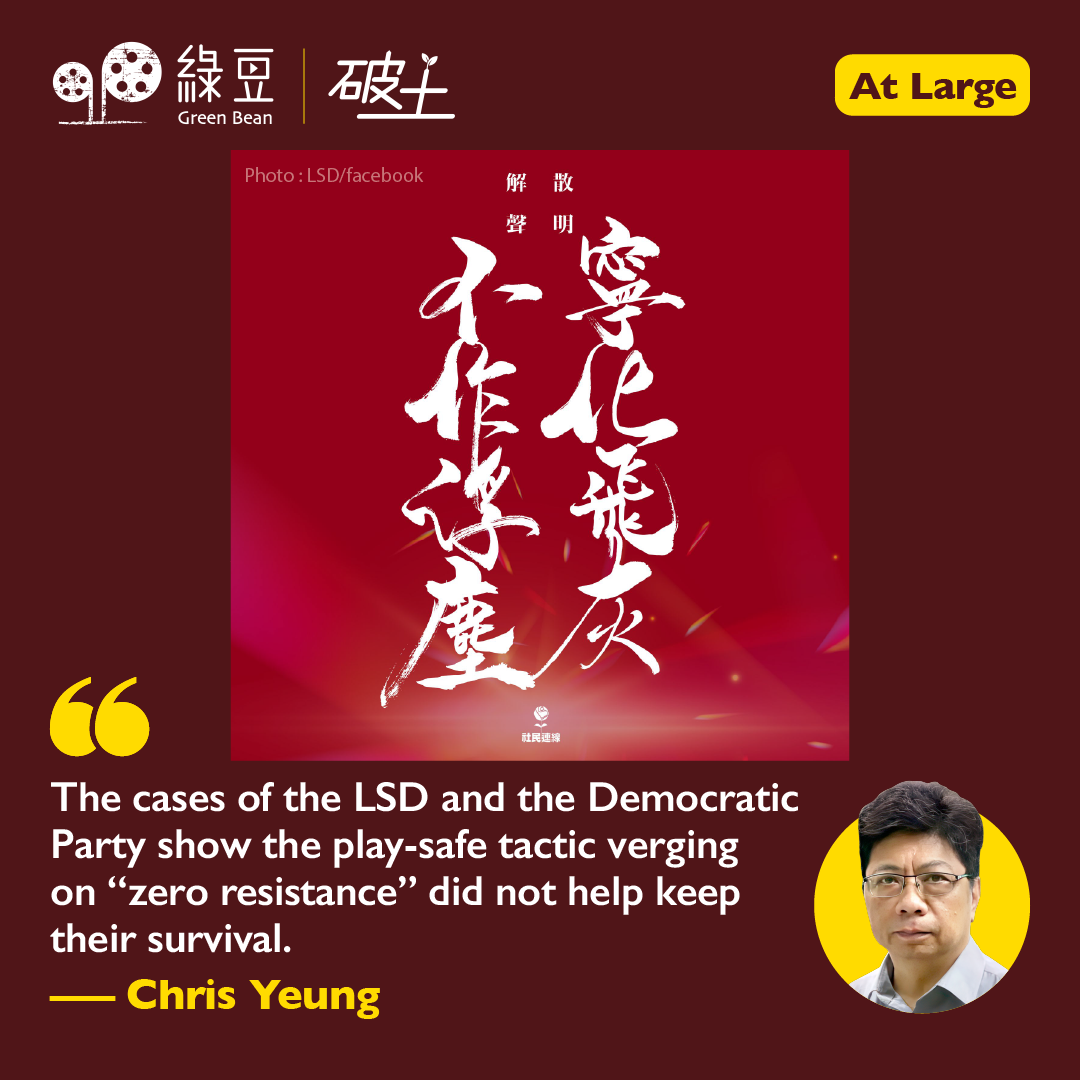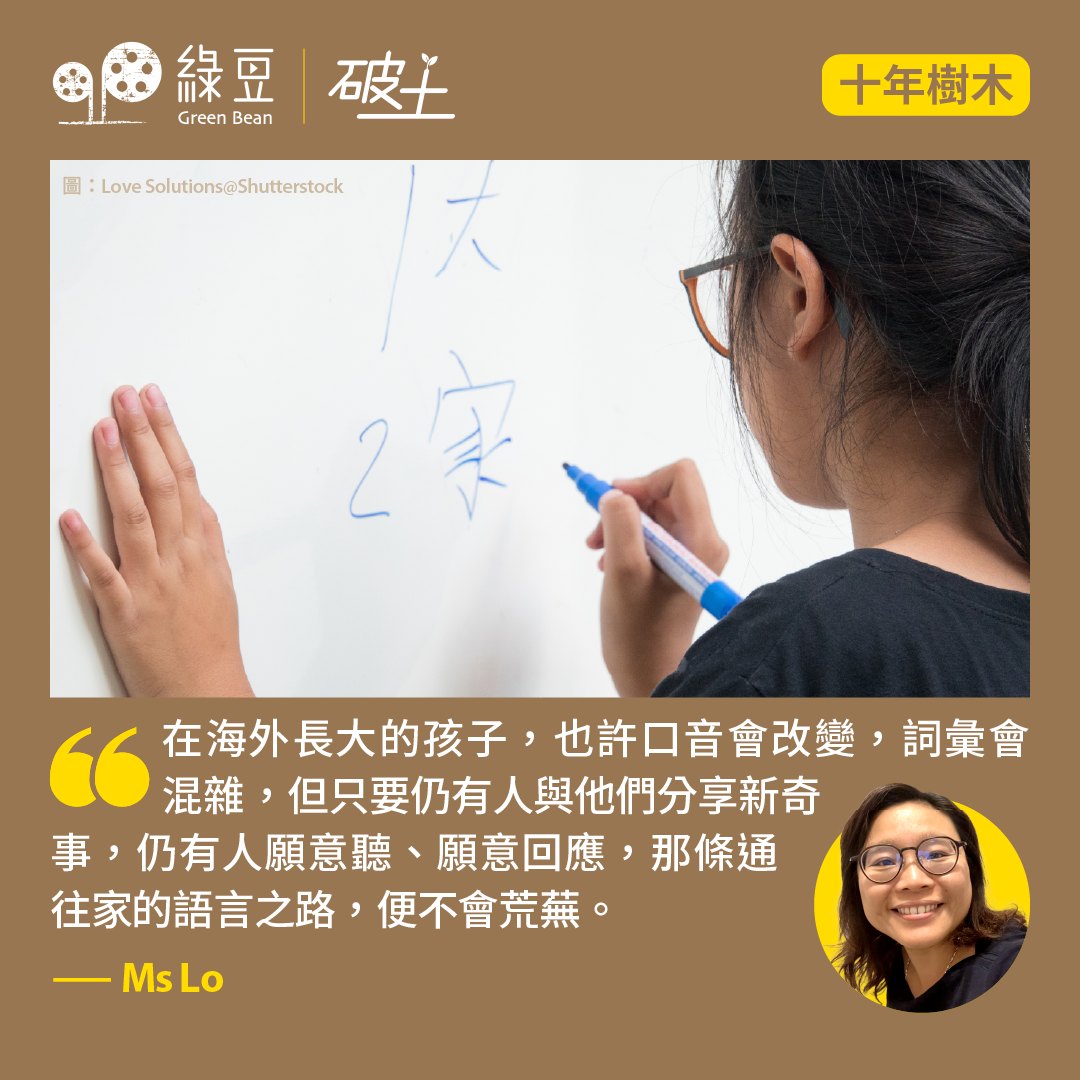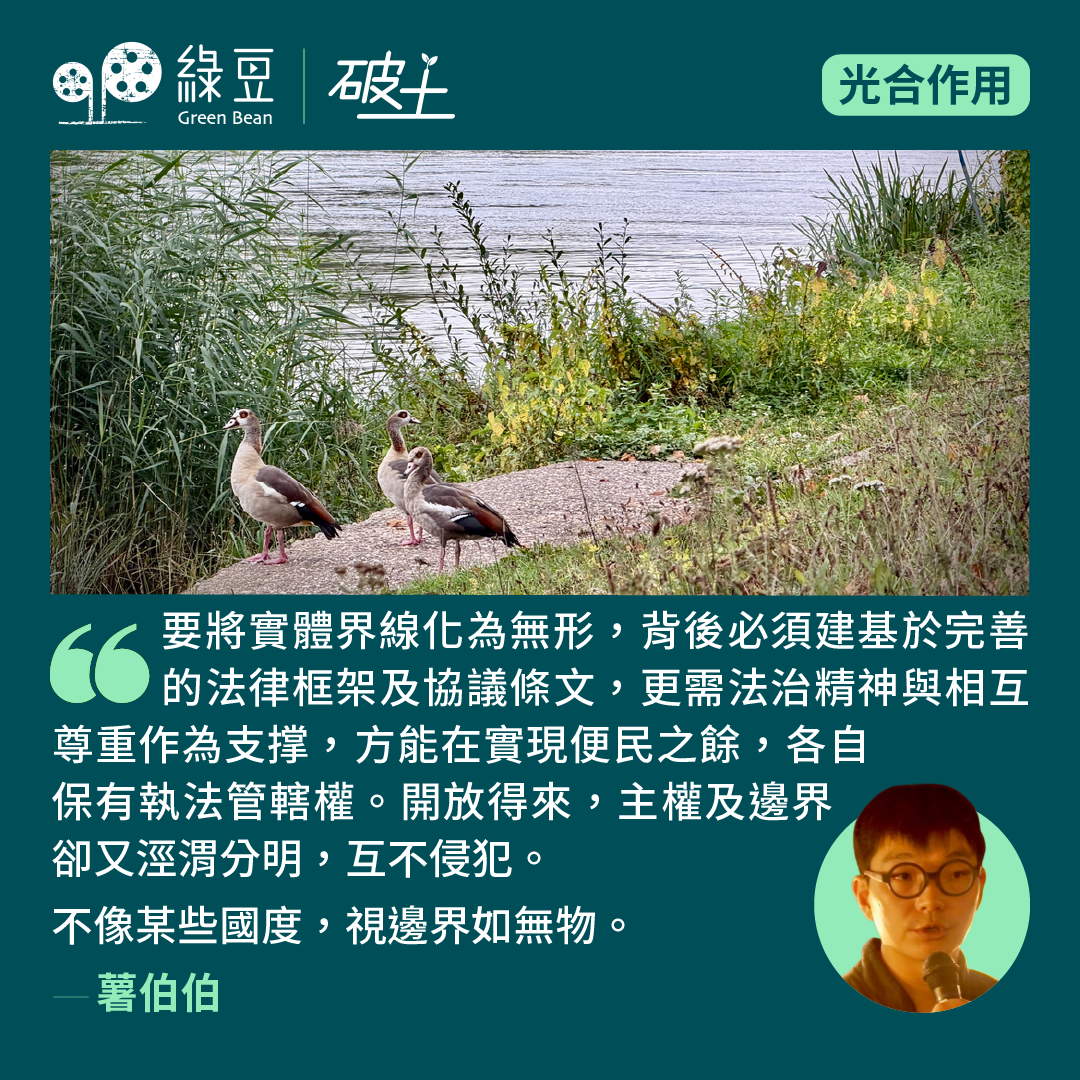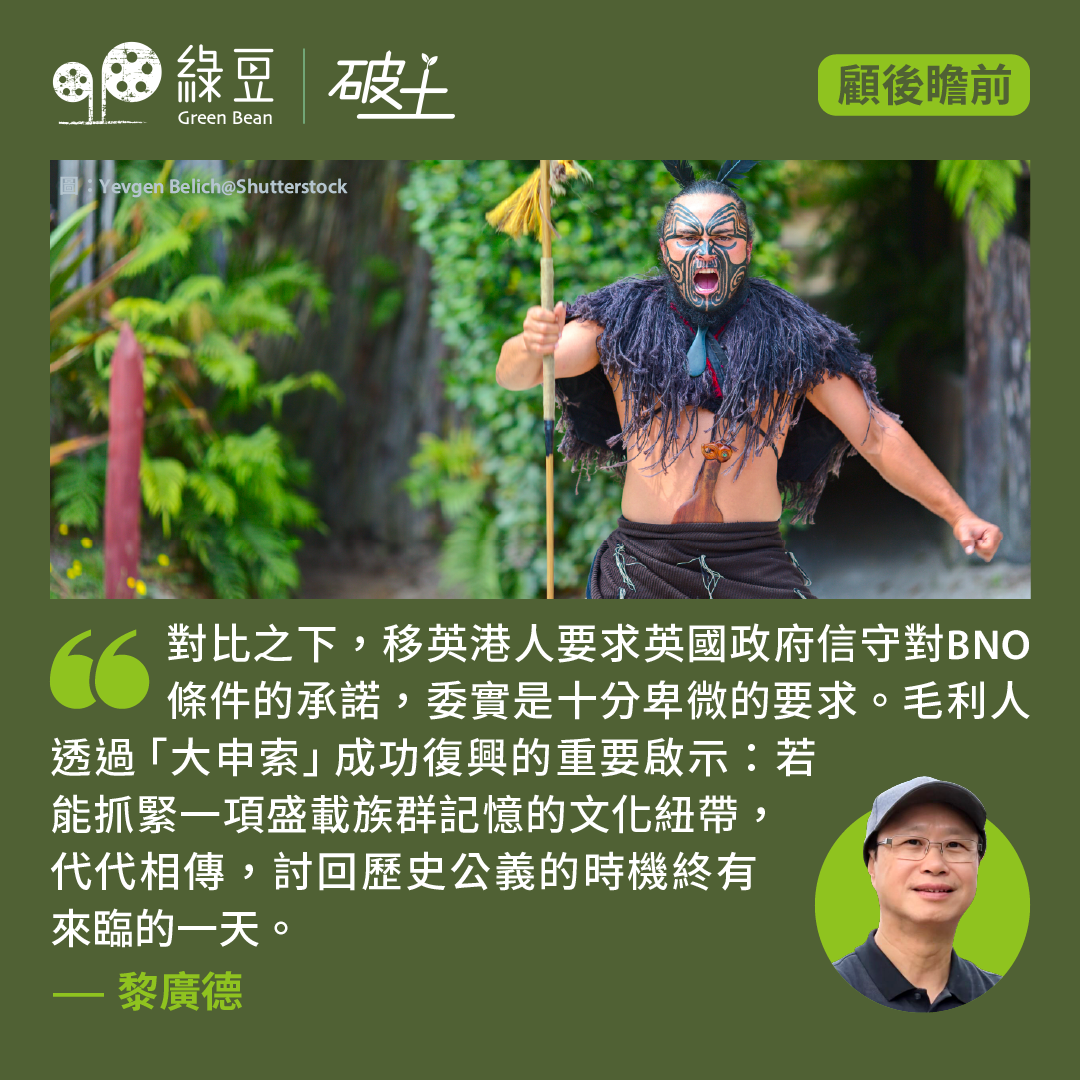League of Social Democrats loses survival battle

Two days before the 28th anniversary of Hong Kong’s 1997 handover, the League of Social Democrats, seen as a radical wing in the vanishing pro-democracy camp, called it a day after 19 years of fighting for social justice and democracy.
On Sunday, they held a press conference to announce their decision to disband. The announcement came as no surprise not just because the decision had been reported by the media earlier in June but the fact that that was seen by pundits and democracy supporters as just a matter of time.
In April, the Democratic Party, the city’s pro-democracy flagship, passed a motion on the beginning of the process of disbandment. Its closure is now just a matter of time.
Four decades after like-minded democrats formed political groups to turn their dream of a “democratic return” to the motherlands, the disbandment of the LSD, to be followed by the Democratic Party, will mark the end of the city’s democratic movement that began in the 1980s.
An abnormal “normal” feature
Judging from the current political environment, the likelihood of a new movement in the foreseeable future is remote. The almost-zero presence of pro-democracy activists in the city’s socio-political landscape is likely to be an abnormal “normal” feature in a long period of time.
Five years after the Hong Kong national security law is in place followed by the imposition of a set of new election rules, the disappearance of the pan-democratic camp in the legislative and district councils is largely expected.
But their failure in their survival battle, the last of many since the 1980s, is thought-provoking. It speaks volumes of the power of the national security legislations and their enforcement bodies.
The imminent disappearance of the whole democratic force is in ironic contrast with the rhetoric of Beijing and Hong Kong officials, citing such figures as the number of people arrested to state that the national security laws only target a small number of people.
True, there were no more massive arrests of the democrats after dozens of democrats who took part in the unofficial Legislative Council primaries in 2020 had been arrested and were later convicted of national security-related charges.
But the revamp of the Legislative Council and District Council election system saw the installation of political hurdles too high for anyone who had affiliations with the pro-democracy political parties to pass for entering into the election battle for seats.
With no seats in the two-tier councils, the pan-democrats faced a litany of difficulties in making them relevant in the post-NSL political scene. They include mobilising people through rallies, keeping their visibility through media coverage, on top of the drain of members and financial support.
In the face of difficulty in assessing legal risk, the strength of the pan-democrats in gathering public support through public rallies in putting pressure on the Government over political and policy issues has largely diminished.
The shrinking of independent media, which had given reasonable coverage to the pan-democrats, has further aggravated the marginalisation of the pro-democracy force.
Hopes that there may still be a tiny room for those pro-democracy activists who had not been involved in such cases as the Legco primaries and unauthorised protests – and have shifted to play-safe mode – have soon proved to be merely wishful thinking.
“Zero resistance” did not help
Speaking on a national security education day forum on April 15, 2021, the then central government’s Liaison Office director Luo Huining said: “Those who undermine national security are defined as ‘hard resistance’. (They) should be punished in accordance with the law. Those who make ‘soft resistance’ should be regulated in accordance with the law.”
Officials have later said “soft resistance” has been common in such sectors as arts and culture, media and film.
The cases of the LSD and the Democratic Party show the play-safe tactic verging on “zero resistance” did not help keep their survival.
According to press reports, LSD leaders had been warned not to make any presence near Victoria Park on or before June 4. If true, making themselves invisible on sensitive days has proved to be insufficient in keeping their political life alive.
In a similar path of disbandment, unidentified members of both groups told journalists they had been told on more than one occasion they should cease operation. The LSD was said to have been given a specific deadline, namely July 1, 2025, for unknown reason.
Both groups were told they could face “serious consequences” if they refused to do so. Their claims could not be confirmed from other sources. The authorities had not commented on their moves to disband.
The fate of the Democrats and the LSD has raised questions about Beijing’s approach to political dissent, or dissenting voices in general, in the society.
It is still unclear whether the authorities have taken a “zero-tolerance” approach towards those groups and individuals deemed to be a potential threat to national security or that their existence is not conducive to public interest.
By taking their own initiatives, the Democrats and the LSD have voted with their feet, showing they either know the answer or just don’t want to take a huge bet for nothing.
▌ [At Large] About the Author
Chris Yeung is a veteran journalist, a founder and chief writer of the now-disbanded CitizenNews; he now runs a daily news commentary channel on Youtube. He had formerly worked with the South China Morning Post and the Hong Kong Economic Journal.





